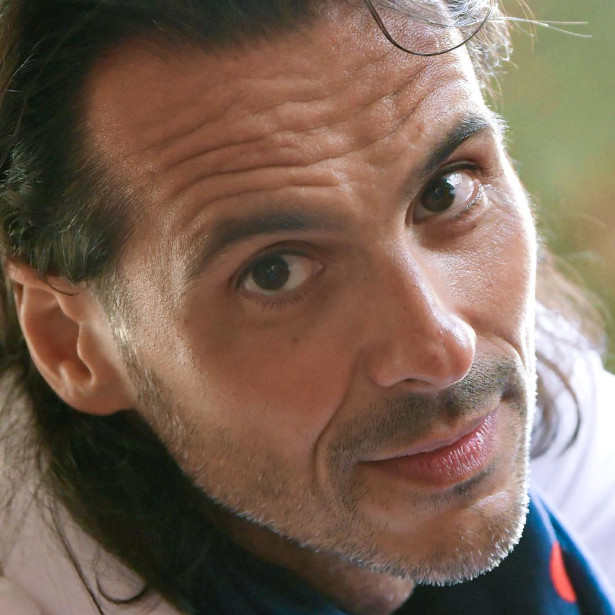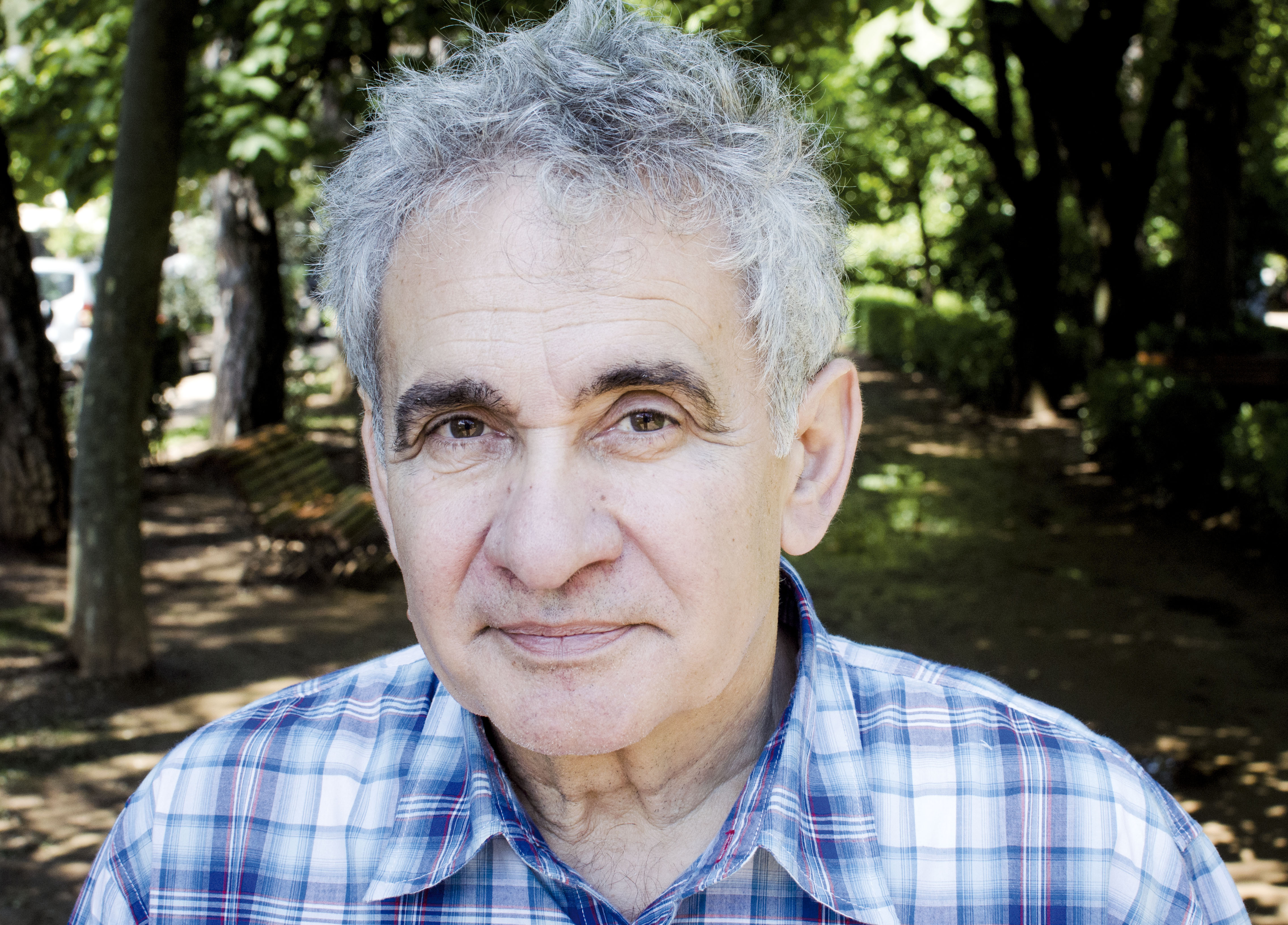Born in Bilbao.
Professional debut in Ballet de Víctor Ullate (1988-1996), on April 28, 1988, covering a wide classical, neoclassical and contemporary repertoire, including custom-made creations.
His international career pivoted mainly on three axes: Ballet of the Bordeaux Opera, where he held the category of ‘Danseur étoile’; Ballet of the Opera of Rome; and the Russian school where he became the first non-Russian dancer to dance the leading role in Ivan the Terrible.
Choreographer and stage director for ballets and operas.
Artistic director of the National Ballet Sodre Uruguay, 2018-2020.
He has been teaching since he was 20 years old.
2006 Founded the “Escuela de danza y coreografía Igor Yebra” in Bilbao.
2008 Founded “Escuela de danza municipal de Amurrio”.
2018 Director and teacher “Escuela Fama a bailar“.
Debut as a theater actor in Esto no es la casa de Bernarda Alba, directed by Carlota Ferrer. Works again in El beso de la mujer araña, co-starring with Eusebio Poncela.
OUTSTANDING AWARDS
Honors at the Royal Conservatory of Madrid.
Grand Prize at the Eurovision Competition for Young Dancers, Paris 1991.
Second Prize at the Maya Plisetskaya Competition and Special Prize of the Public in St. Petersburg.
“Danza & Danza” Award for Best Dancer of the Year, 1996.
Léonide Massine Prize, 2003.
Member of the International Dance Council of Unesco, 2009.
Italian Ministry of Culture Award Gialino d`Oro, Rome 2010.
Illustrious Citizen of the City of Bilbao, 2010.
Illustrious Citizen of Montevideo, 2020.
Delmira Agustini Medal for Cultural Merit, 2020.
Academician of the Performing Arts, 2021.

